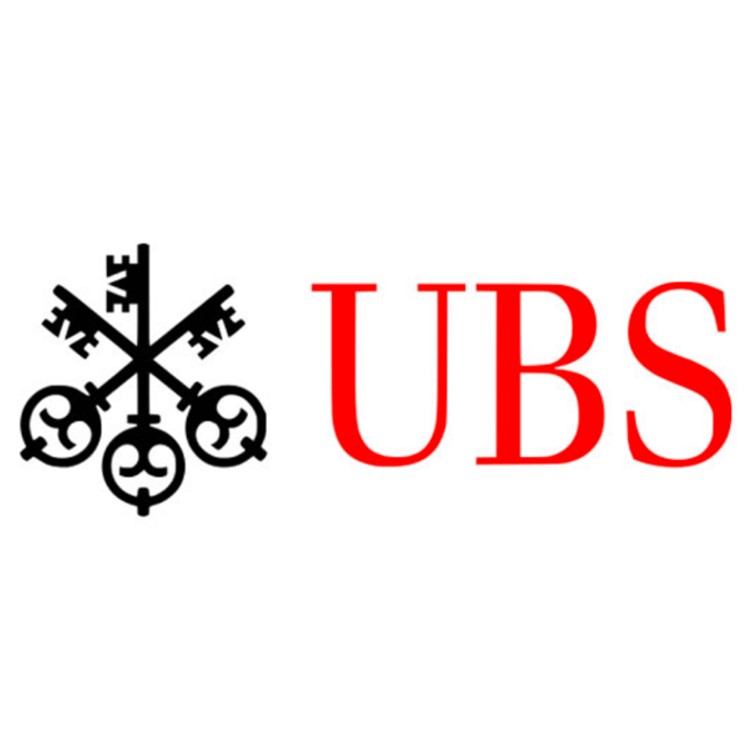Strategy
Quality Bonds, Gold To Shine In 2023 – UBS Outlook

UBS Global Wealth Management’s CIO Mark Haefele released the mid-year outlook 2023 at a media roundtable this week, assessing where investors should allocate their money.
As the second half of 2023 approaches, UBS believes that investors face a balancing act, and has highlighted the benefits of investing in high quality bonds and gold in a balanced portfolio.
UBS believes that the Fed is coming to the end of its rate-hiking cycle, in spite of high inflation. Although the Fed has indicated that it intends to resume rate increases, the Swiss private bank thinks that it could become harder to restart hikes as the US presidential election season approaches. This means that the Fed may be willing to let inflation stay modestly above target for an extended period.
Against this backdrop, UBS believes that investors should use a period of the Fed staying on hold to lock in yields in high-quality bonds. “We prefer bonds to equities, and expect the US dollar to weaken. We move commodities to neutral from most preferred,” Haefele said. UBS favours investing in real assets – including infrastructure and gold – to provide a partial hedge against long-term inflation, and position for a weaker dollar.
Quality bonds
At the media event, Solita Marcelli head CIO Americas for UBS
Global Wealth Management, assessed the benefits of buying
quality bonds. More-resilient-than-expected economic data has
boosted yields in recent weeks, providing investors with a good
opportunity to lock in elevated rates as the Fed engages in a
balancing act between price stability, full employment, and
financial stability.
She sees opportunities in high grade (government), investment grade, and sustainable bonds, and select senior financial debt. Actively managed fixed income strategies can help investors take advantage of the breadth of opportunities.
UBS also believes that investors should seek diverse and durable income. Earning more durable income is not just about high-quality bonds. Among the riskier parts of fixed income, UBS likes emerging market credit. It sees opportunities in diverse income strategies to balance fixed income exposure. This includes quality dividend-paying equities across traditional and sustainable strategies (and by region in Switzerland and Asia), US preferred securities, and in volatility-selling strategies.
Equity laggards
Themis Themistocleous, head CIO EMEA, underlined the importance
of looking for equity laggards. Stock market gains have recently
been concentrated in a few areas and, with valuations among
some of the best performers now looking stretched, he expects the
gap between the leaders and the laggards to close. Investors
should protect their holdings through capital preservation
strategies and rebalance into the laggards, such as emerging
markets, defensives, and value.
Themistocleous favours emerging market equities and expects them to deliver mid-to-high single-digit positive returns this year. The market outlook for parts of the eurozone also looks promising, he said, and he likes consumer discretionary, Germany, and small- and mid-cap companies in the region.
Meanwhile, Daniel Kalt, head CIO Switzerland, believes that it’s important to position for a weaker dollar. He expects rate differentials between the US dollar and other currencies to narrow, seeing the dollar’s downtrend resuming in the months ahead. He recommends that investors with the Japanese yen, euro, British pound, or Swiss franc as their home currency strengthen their home bias.
Gold
Kalt also expects gold to reach new all-time highs. A weaker US
dollar should benefit gold, and he expects the yellow metal to
reach a new all-time high of $2,250/oz by June 2024. Robust
central bank demand, the Fed nearing the end in its rate hiking
cycle, and concerns about financial and geopolitical stability
should also favour higher gold prices. UBS analysis shows that a
mid-single-digit percentage allocation to gold in a balanced
dollar-based portfolio would have improved risk-adjusted returns
and lessened portfolio drawdowns over recent decades.
Alternatives
Marcelli highlighted the importance of diversifying with
alternatives. She recommends balancing traditional portfolios
with an allocation to alternatives. Hedge funds should enable
investors to navigate, as well as take advantage of, dislocations
in markets in a period of economic uncertainty. Meanwhile, she
believes that private markets offer a variety of opportunities to
earn income and grow wealth over time, including in private
equity, private credit, and real estate.
Themistocleous underlined the importance of investing in real assets. He thinks that allocations to infrastructure, commodities, and select core real estate could help with long-term inflation mitigation, and provide additional portfolio diversification and income.
Green investment
UBS also believes that green investment, decarbonisation
commitments, consumer sentiment, and regulation will continue to
drive the case for investing sustainably. The Swiss bank likes
sustainable bonds, ESG leaders, and innovative companies that can
do more with less, including within energy and water efficiency,
as well as in the transition to renewable energy, where UBS
thinks investors should balance traditional with sustainable
exposure. The Swiss bank sees opportunities for gaining exposure
to sustainable themes such as health and climate through hedge
fund and private market vehicles.